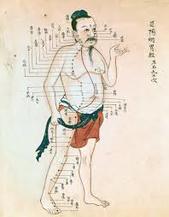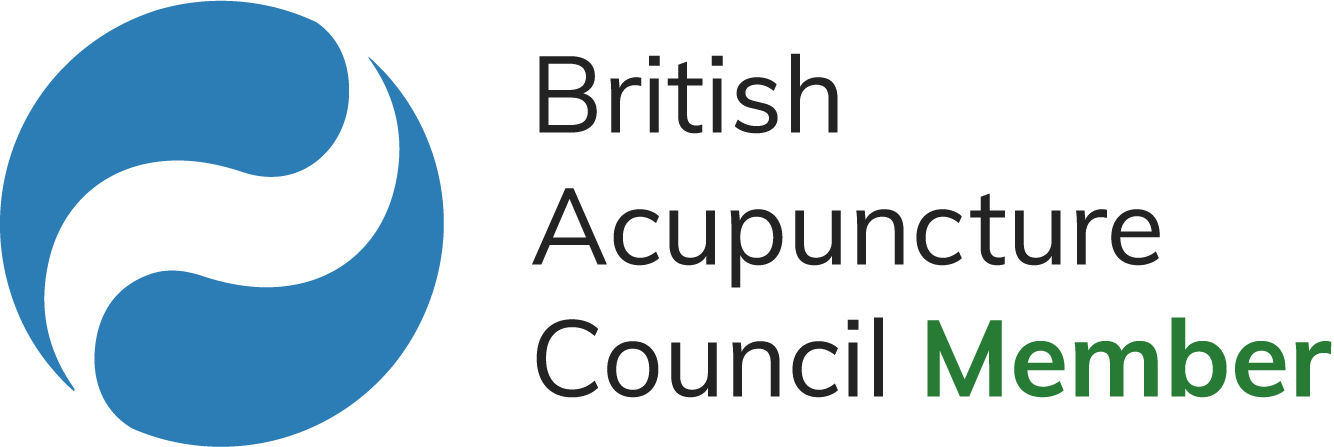|
What comes to mind when you think about Acupuncture? Maybe you’ve never thought about it. As an Acupuncturist when people ask you what you do, the usual response is either “Is that where you stick needles in people” or “Does it work?”. If you’ve never experienced it for yourself, there may be a few things you’d like to know. This blog aims to satisfy your curiosities and to change any misconceptions you might have. What is it? Acupuncture is one of the oldest and established forms of healthcare. It has been used by the Chinese for thousands of years and is still used today in hospitals and main stream medicine. Acupuncture is all about balance and equilibrium, when we experience pain and illness it can be a sign that our body is out of balance. This imbalance disrupts the free flow of our body's qi (or energy). Acupuncturists are trained using subtle techniques to diagnose and treat different illnesses and ailments. The main focus of the treatment is on you as an individual and looks at the symptoms and the person's constitution in relation to each other. Treatment involves the use of tiny sterile needles into specific acupuncture points on the body, with the aim to affect your body's qi and restore balance How does it work? From a Western point of view, mechanisms of acupuncture are based on an understanding that the insertion of needles has an effect on nerves, such effects cause muscles to relax, over-ride brain signals, etc. The use of certain points are said to activate our parasympathetic nervous system (responsible for rest and digest), which is why it is so relaxing. More recent studies using brain imaging have shown that the use of specific points deactivates pain centres, thus explaining its use for pain relief. From an Eastern perspective, the physiology of the body is understood differently whereby free flow of your body’s energy or Qi is directly related to your health. Acupuncturists use tiny sterile needles at precisely located points to connect with your body’s qi. Following a detailed consultation and examination of aspects of your health and lifestyle, they will decide which points are right for you. The aim is to direct the flow of qi to trigger your body’s healing response and to restore physical, emotional and mental equilibrium. It also works to promote blood flow to certain areas, which in turn increase healing. Acupuncture is designed to affect your whole body as well as your symptoms so, as the condition being treated improves, you may notice other health problems resolve and an increased feeling of wellbeing. What does it treat? Acupuncture can be used to help with many illnesses, both physical and emotional. The main things I see in clinic are:
I don’t like needles will it hurt? One of the most common myths about acupuncture is the size of the needle. Many think an acupuncturist's needle is the same size as one used in an injection. In reality, the needle is as fine as a human hair. Acupuncture shouldn’t hurt, some might feel a tingling sensation on certain points, but no pain. Are Acupuncturists qualified? Contrary to popular belief, most acupuncturists have degree-level qualifications. In addition, all members of the British Acupuncture Council adhere to strict codes of safe practice and professional conduct, and are fully insured. You can search the council’s website to check if the practitioner is a full member. Is it the same as dry needling? No, dry needling also known as medical acupuncture is not the same. It is often used by Physiotherapists, Osteopaths and Chiropractors who have done around 80 hours training. Compared to over 3,500 hours of training required by British Acupuncture Council members. Is it safe? Claims that acupuncture is unsafe are much discussed in the media, yet there is a growing body of research which underlines acupuncture’s safety record. Two separate surveys published in the British Medical Journal in 2001 reported that the risk of a serious adverse reaction with Acupuncture is less than 1 in 10,000. Making acupuncture one of the safest treatments available. I hope this answered some of your queries but if you have anything else you would like to know, then get in touch. Thanks for reading!
3 Comments
Jamil
1/7/2018 09:56:00 pm
Plus, that 1 in 10,000 figure of adverse events is including practitioners who perform acupuncture with insufficient training, ie.. “dry needling” or “medical acupuncturists”. The figure would be much less with only including properly trained acupuncturists, wouldn’t it?
Reply
Rachel
1/8/2018 08:35:51 am
I know Jamie, it’s very frustrating! But hopefully if we educate people about the difference between the two practices we can change perspectives.
Reply
Rachel
1/8/2018 12:55:58 pm
*Jamil*! Excuse the Auto-correct
Reply
Leave a Reply. |
AuthorRachel Hemblade Archives
February 2024
Categories |
|
|

 RSS Feed
RSS Feed
